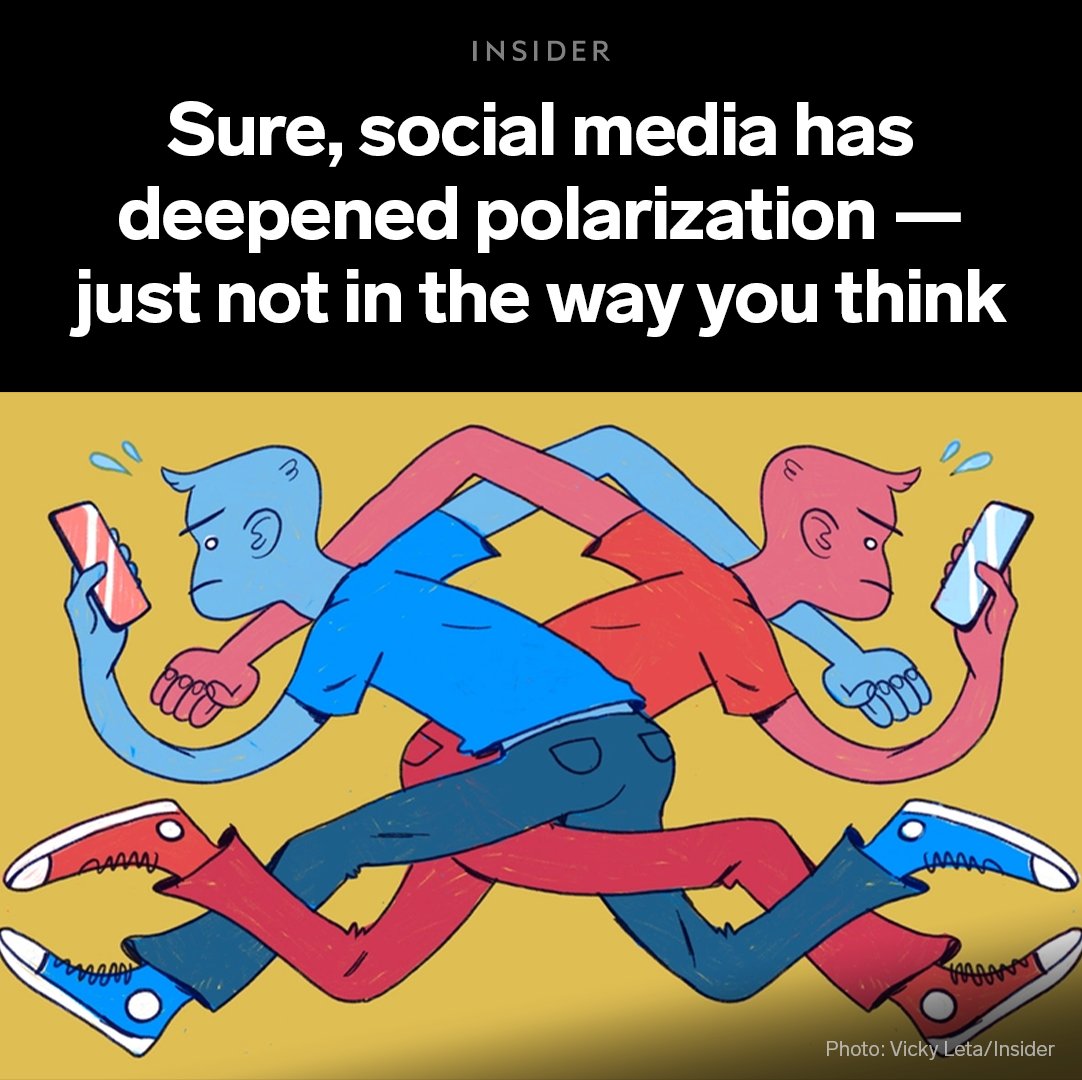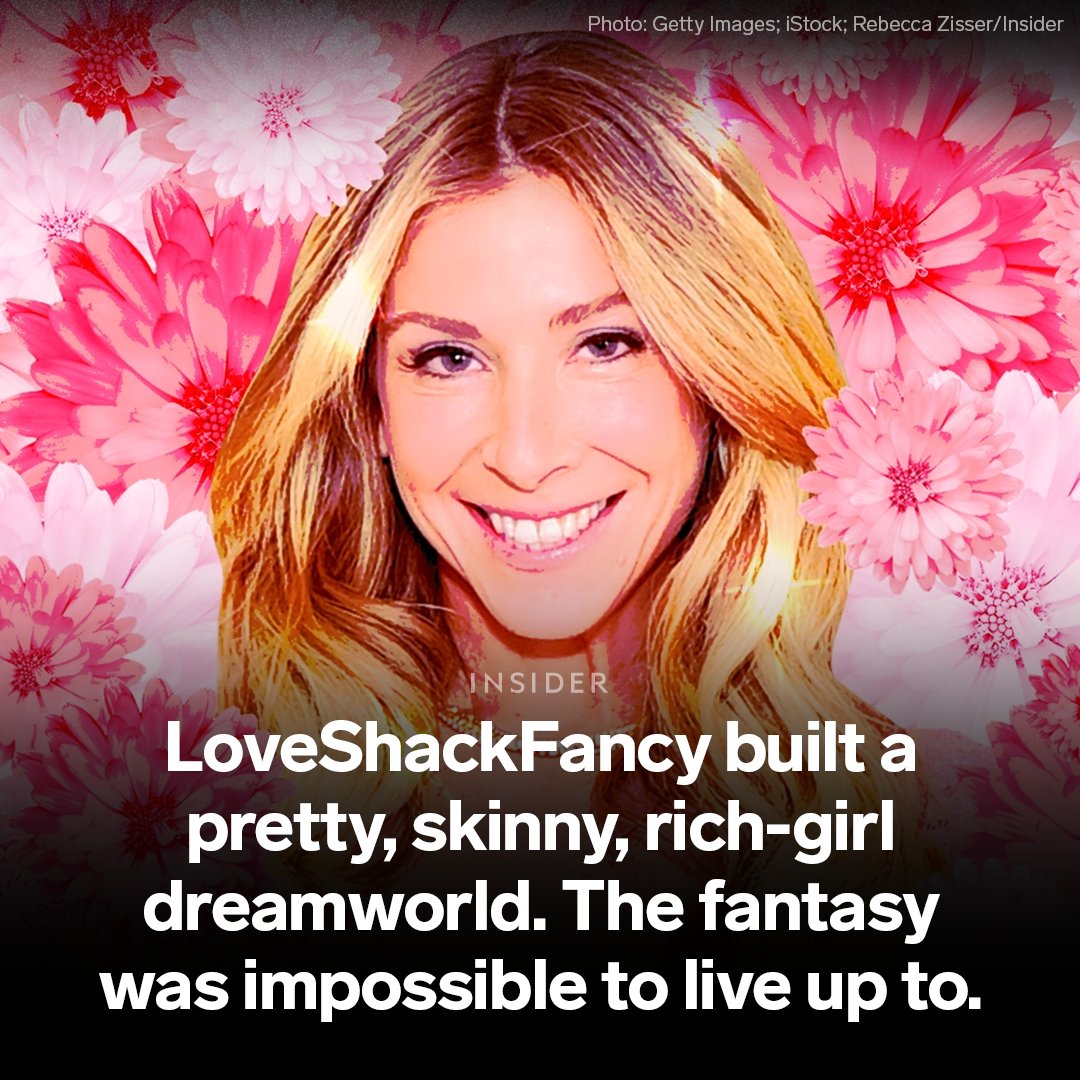Though the Ever Given made it out of the #SuezCanal, we could soon see the effects of the logjam. Toilet paper and coffee could be in short supply in a few weeks as shipping resumes. businessinsider.com/toilet-paper-c… 

About 12% of global trade moves through the Suez Canal, and the Ever Given, one of the largest vessels, blocked hundreds of cargo ships from passing through for six days.
businessinsider.com/toilet-paper-c…
businessinsider.com/toilet-paper-c…
With an impending toilet paper shortage, now may be as good a time as ever to invest in a bidet. While the rest of the world is familiar with bidets, the US still hasn't caught on.
Bidets have been around for 300 years, and people all over the world use them, as they're cleaner and more environmentally friendly than plain toilet paper.
The origins of the bidet trace back to 1700s France, but using water for cleaning has been around long before that. In the Middle East and South Asia, small vessels filled with water were used for cleansing.
However, bidets never really took off in the US, partly because of their poor reputation earned during WWII when American soldiers associated them with sex work.
By the time Arnold Cohen founded the American Bidet Company in the 1960s, it was too late. He couldn't defeat the stigma. 

Not only are bidets more environmentally friendly, they're also gentler and more hygienic than toilet paper, which just smears around your poo.
insider.com/are-bidets-are…
insider.com/are-bidets-are…
On top of that, Americans spend $40 to $70 on average for toilet paper per year, so investing in a bidet can help lessen that cost by 75% – or more.
With the upcoming toilet paper shortages caused by the jam in the Suez Canal, it may be the perfect time to look into a bidet, or even a toilet seat attachment.
businessinsider.com/best-bidet
businessinsider.com/best-bidet
• • •
Missing some Tweet in this thread? You can try to
force a refresh











